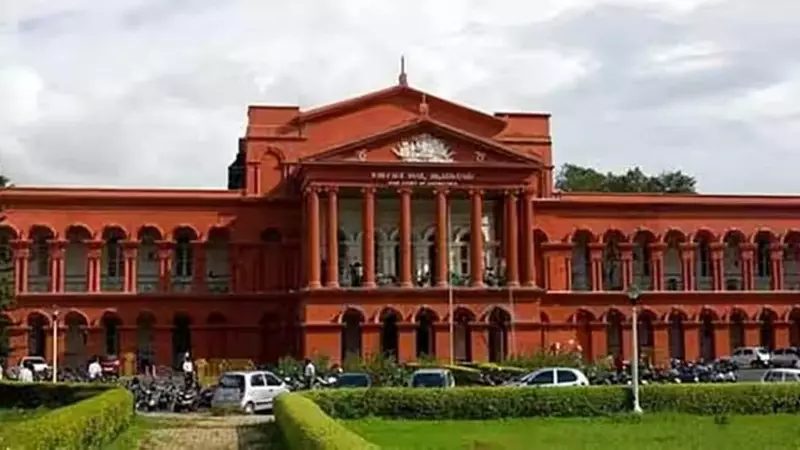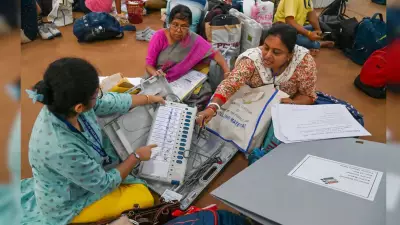
In a landmark move to enhance the protection and rehabilitation of child sexual abuse victims, the Karnataka High Court has established a comprehensive technology-driven Standard Operating Procedure (SOP) for cases registered under the Protection of Children from Sexual Offences (POCSO) Act.
Digital Transformation for POCSO Cases
The court has directed the creation of a specialized online platform that will manage all POCSO cases across Karnataka state. This innovative system will integrate real-time data from police networks while implementing robust security measures to protect victim identities.
The digital portal will feature pseudonym identifiers and advanced encryption methods to ensure complete anonymity for victims throughout the legal process. This technological intervention addresses critical concerns about victim privacy and data security in sensitive child protection cases.
Court Directives and Implementation Framework
The groundbreaking order was passed on October 15, 2025, by a bench led by Justice Suraj Govindaraj. The directives emerged from a specific case involving a 13-year-old girl who was sexually assaulted and threatened by an acquaintance of her uncle.
During medical examination, the minor victim was discovered to be pregnant, leading to a petition seeking medical termination of pregnancy. The court considered the medical board's report and emphasized the girl's young age and right to bodily autonomy while granting permission for the procedure.
The court also mandated preservation of DNA from the terminated foetus for criminal investigation purposes, recognizing its crucial role in building evidence for the POCSO case.
Automated Monitoring and Accountability Systems
The newly established SOP incorporates sophisticated automated features designed to prevent procedural delays that often compromise justice in child protection cases. The system will be programmed with all mandatory deadlines under POCSO legislation, including timelines for chargesheet submission and medical examinations.
Any breach of these critical timelines will trigger automatic escalation alerts through SMS and email notifications to relevant authorities. This automated oversight mechanism aims to eliminate the procedural delays that frequently hamper timely justice for victims.
The High Court has further mandated the formation of monitoring committees at both district and state levels to oversee case progress and ensure compliance with established protocols. These committees will regularly review case data and implementation effectiveness.
The comprehensive SOP includes detailed workflows and expected timelines covering the entire process from initial offense reporting through investigation and trial stages. While the court has established this interim framework, it has clarified that domain experts should further refine and exhaustively formulate the final SOP at the earliest opportunity.
This technological intervention particularly addresses the court's observation that many minor victims remain uninformed about medical termination possibilities within permissible time limits. The new system aims to ensure that critical information and legal options reach victims and their guardians promptly, preventing situations where victims approach courts after crossing the maximum termination timeframe.
Under standard Medical Termination of Pregnancy Act provisions, termination is permitted up to 20 weeks when at least two medical practitioners confirm risks to the mother's physical or mental health, among other specified conditions.





